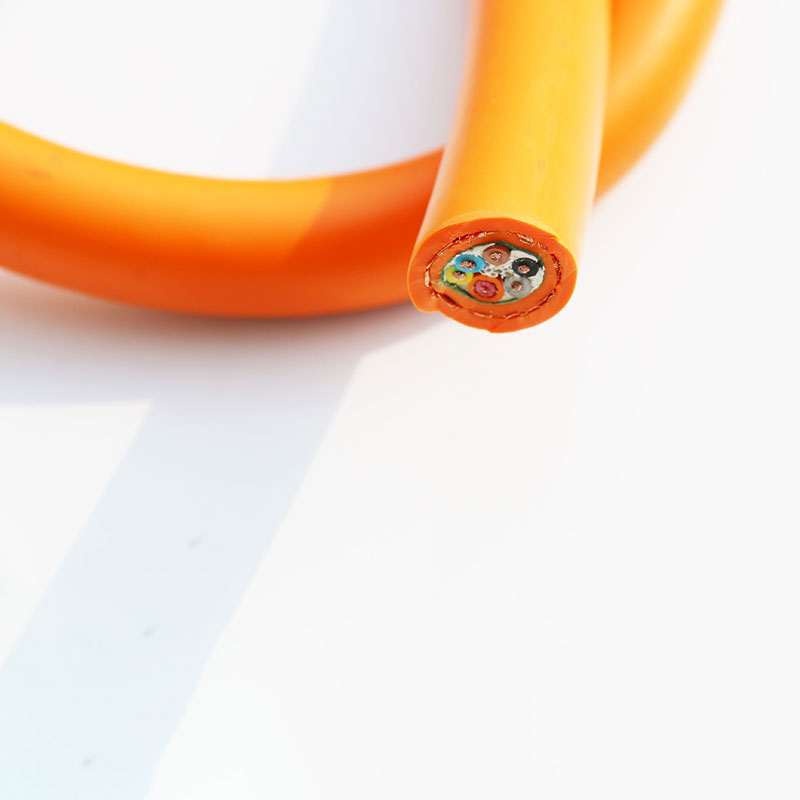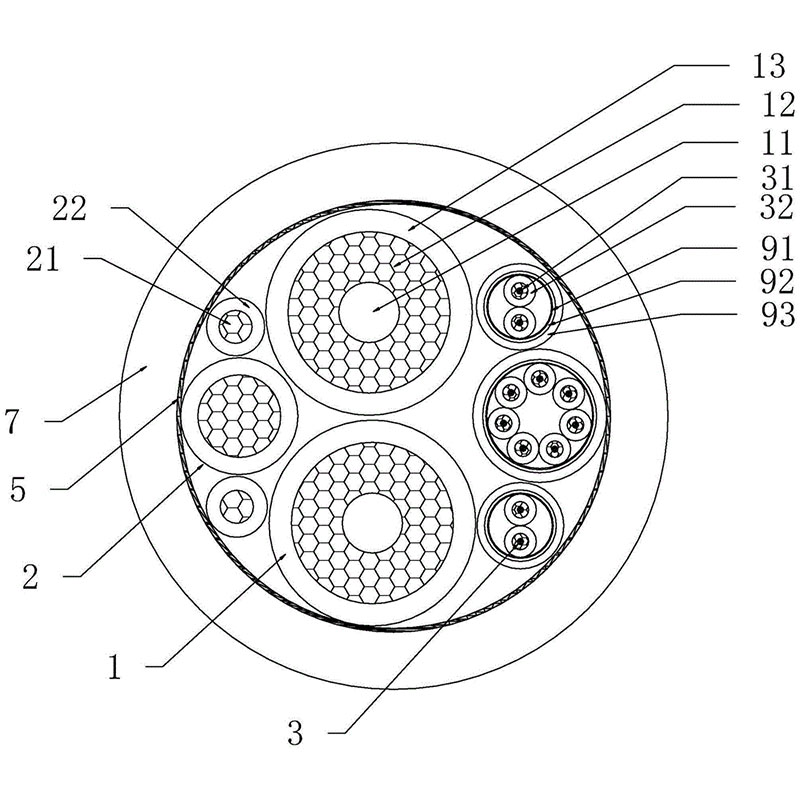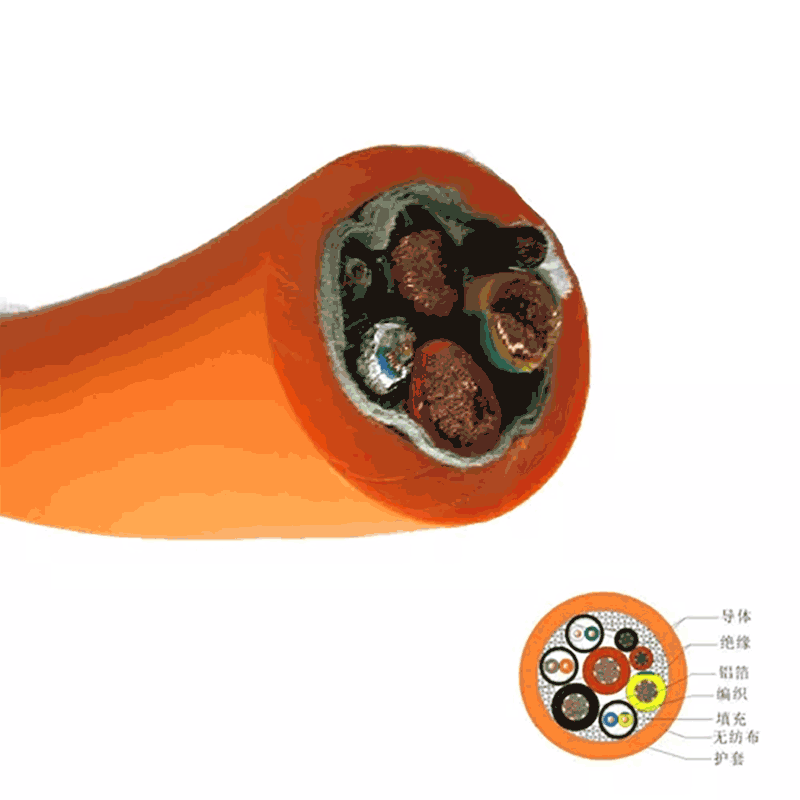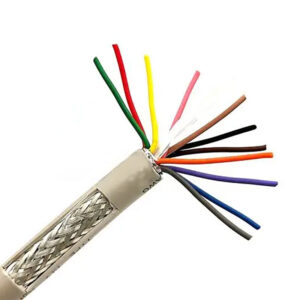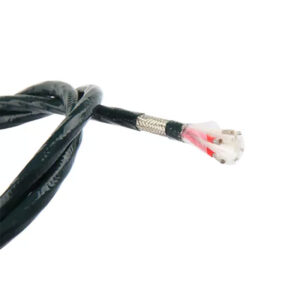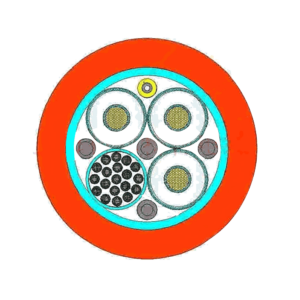EV Charging Cable
EV Charging Cable is used to connect the electric vehicle charging device and the charging infrastructure,
so as to transmit power to the electric vehicle,
and is equipped with a certain number of signal lines, control lines, power auxiliary lines, etc.
to ensure accurate control and safe operation of the entire charging process. .
Charging cables are generally used in charging stations, parking lots, hotels, communities, garages
and other areas, and portable charging cables can be placed in the car.
REFERENCE STANDARD
IEC62893
EN50260
UL62
GB/T33594
CQC1103-1105
PRODUCT CHARACTERISTICS
1. Rated voltage: AC 450/750V, DC 1.0KV
2. Section square: 0.75mm2, 1.5mm2, 2.5mm2, 4.0mm2, 6.0mm2, 16mm2, 20mm2, 35mm2, 50mm2, 80mm2
3. Number of cable cores: signal line + control line + power line
4. Conductor: Class 5 and Class 6 soft conductors
5. Bending radius 5D (special requirements)
MATERIAL PROPERTIES
| Insulation &Sheathing Materials | |||||
| sulation Materials (Elastomer material) |
Sheath material (Elastomer material) |
Temperature ℃ | |||
| Conductor allowable temperature | Cable surface | Installation and laying | |||
| Long | Short circuit | ||||
| Highest | Highest | Highest | Lowest | ||
| S | S | +70 | +200 | +50 | -25 |
| S90 | U | +90 | +250 | +75 | -40 |
| E | U | +90 | +250 | +75 | -40 |
| E1 | U1 | +90 | +250 | +75 | -40 |
| E1 | YJ1 | +90 | +250 | +75 | -40 |
